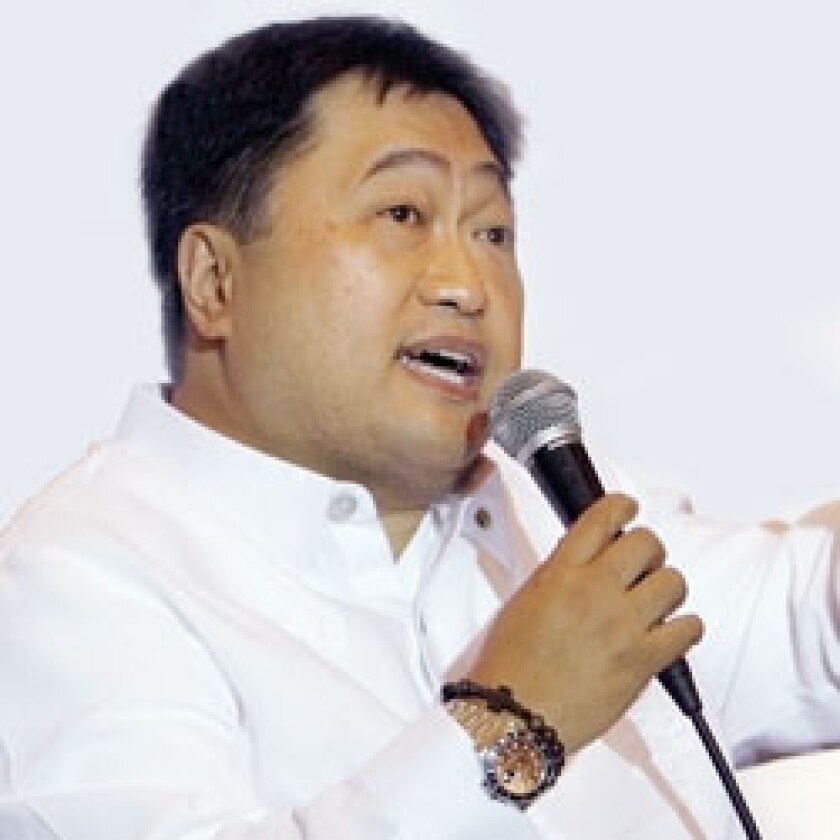The Philippines finance secretary is confident that his country is on track for investment grade
Cesar Purisima is an optimist; it comes through whenever the finance secretary of the Philippines talks about his own country.
On paper, the trick he believes the Philippines can pull off – slashing the heavy national deficit while simultaneously promoting growth and fostering foreign investment, all without any new taxes – seems unmanageable.
But over the past year, the Philippines has been delivering on many of those ambitions while giving reason for hope on the others.
The deficit is the headline improvement. “I think our biggest achievement is that we have charted a path towards fiscal consolidation and sustainability,” he says.
When incoming president Benigno Aquino appointed Purisima in June 2010, the deficit was well over its projected target and was expected to end the fiscal year at Ps345 billion ($7.4 billion at June 2010 rates). Purisima targeted Ps325 billion and beat it, coming in at around Ps315 billion. While that was welcome progress, it still represented 3.7% of GDP; the target now is to get below 2% of GDP by the end of 2013.
The other significant fiscal step that Purisima, and Amando Tetangco, governor at the central bank, have presided over concerns local currency debt. The Philippines has successfully issued global peso bonds twice since Purisima assumed office, and in local markets has been able to issue successfully at maturities as long as 25 years.
The global bonds, Purisima says, “resulted not only in extended maturities, but also reduced our exposure to foreign exchange risks”. And the long-dated local bonds could prove vital in creating funding for desperately needed infrastructure development.
The proportion of foreign funding compared to local currencies continues to drop, and will prove an important part of efforts to reduce overall indebtedness. “We continue to focus on our goals,” Purisima says. “We hope to bring our external debt below 20% of GDP, from a high of 50% back in the 1990s.”
A third area of success is in tax collection. The Aquino government pledged no new taxes, limiting methods of increasing revenue, but instead the focus has been on improving tax collection. “This is another area where we have made substantial improvements in terms of efficiency,” Purisima says. He believes around Ps75 billion in extra revenue has been generated already, with year-on-year tax revenues up 14%, though he says “there is still room for improvement.”
One area where the jury is still out is on infrastructure. The Philippines has developed a new platform for public-private partnership (PPP) structures, which would help to spur development; it has in mind over 70 projects already. But Purisima admits that “we are behind target” in beginning the bidding process – bidding has to date only begun on the first project.
But he insists that he was not being over-optimistic when he asked Standard & Poor’s and Moody’s to reconsider his country’s BB credit rating in mid-July, pointing out that its CDS rates earlier this year were lower than Indonesia’s, which is rated higher.
“Across many measures, the Philippines is under-rated. S&P and Moody’s are behind the curve,” he says. “There is confidence that we will get it in this administration; the president is willing to use his political capital to make structural changes in our country to allow us to grow faster.”

